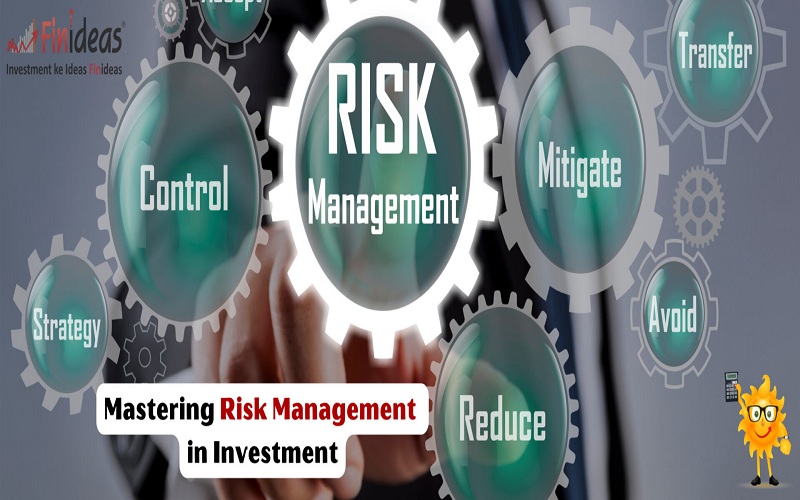When wealth accumulation and preservation are concerned, the road to financial success is often paved with uncertainties. For HNIs or high-net-worth individuals, especially, understanding investment risk is crucial for safeguarding and growing their wealth.
Effective risk management acts as a shield, guarding your financial future against unforeseen market fluctuations and other investment risks. With the guidance of a seasoned investment advisor and strategic wealth management practices, understanding such challenges can be a journey of calculated moves rather than unforeseen mishaps.
Asset allocation
Asset allocation involves distributing your investments among different asset categories. This is not a one-size-fits-all formula but a personalised strategy that considers your financial objectives, time horizon, and risk tolerance level. For HNIs, a wealth management firm can tailor an asset allocation strategy that gradually shifts towards more conservative investments as you near your financial goals, thereby reducing risk and ensuring capital preservation.
Diversification
Diversification is the foundation of risk management. Spreading investments across various asset classes such as equities, bonds, real estate, and even geographical locations can mitigate the risk of significant losses. An investment advisor can provide insights on balancing your portfolio in alignment with your financial goals and risk tolerance level. By not putting all your eggs in one basket, you create a buffer against risks specific to a single asset class, industry, or region.
Use of hedging techniques
Hedging is a sophisticated risk management strategy that involves using financial instruments to offset potential losses. Derivatives such as options and futures can be used to hedge against market volatility, currency risk, and interest rate risk. While hedging can be complex, with the guidance of a knowledgeable investment advisor, it can protect your portfolio from significant downturns without compromising growth opportunities.
Emphasis on quality investments
Investing in quality assets is an essential strategy for managing risk. Quality investments are characterised by robust balance sheets, reliable management, and consistent earnings growth. These investments might endow lower returns over the short term but are less likely to witness dramatic shortfalls during market downturns. A wealth management firm can assist in figuring out such opportunities, ensuring your investment portfolio is established to withstand market ups and downs while offering steady growth.
Regular portfolio review and rebalancing
The market’s dynamic nature necessitates periodic assessments. This practice assists in figuring out deviations from your original investment strategy and enables periodic rebalancing. A professional advisor can play an imperative role in this process, ensuring your investment portfolio stays aligned with your evolving goals and market conditions. Periodic rebalancing assists in locking in profits from high-performing assets as well as exiting underperforming ones, maintaining the desired risk exposure level.
Conclusion
For HNIs, considering the above-mentioned strategies is not just about understanding the challenges but sailing towards prosperity. Bear in mind, in the endeavour of wealth preservation and accumulation, the objective is not to completely sidestep riskbut rather to manage it well. This understanding empowers you to foresee potential challenges and strategically address them.



